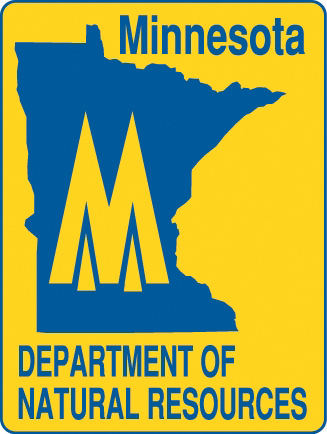With a half-million hunters set to converge on the state’s fields and woods for Saturday’s firearms deer opener, the Minnesota Department of Natural Resources reminds hunters to make safety their top priority.
When hunters prepare and take the proper precautions, hunting is a safe activity that creates lifelong memories. Four primary ways for hunters to ensure a safe hunt are to practice climbing into and out of tree stands before the season starts; brush up on the key tenets of safe firearms handling before hitting the field; wear blaze clothing to ensure they’re visible to other hunters; and tell someone where they’re hunting and when they plan to return.
“Safe hunts don’t just happen by chance,” said Col. Rodmen Smith, director of the DNR Enforcement Division. “They happen when hunters focus on the task at-hand, whether that’s climbing into their tree stand, ensuring the shot they’re about to take is a safe one, or unloading their firearms and putting them away safely at the end of the day.”
The leading cause of injury among hunters is accidents involving tree stands. According to national data, as many as one in three hunters who hunt from an elevated stand will fall and sustain a serious injury. The number of hunting related firearms fatalities has dropped significantly over the past 60 years – largely due to safety training requirements for young and new hunters – but even one fatality is too many.
The following safety tips can help ensure a safe hunting season for everyone:
Check your stand before the season to ensure it remains in good working order.
Inspect your safety harness before your hunt. Wear it when you’re in the stand and when you’re climbing in and out.
Always maintain three points of contact with the steps or ladder.
Treat every firearm as if it’s loaded.
Always control the muzzle.
Be sure of your target and what’s beyond it.
Put your finger on the trigger only when you’re ready to shoot.
Wear blaze clothing when it’s required. (See the requirements on Page 34 of the 2023 Minnesota Hunting and Trapping Regulations booklet.)

